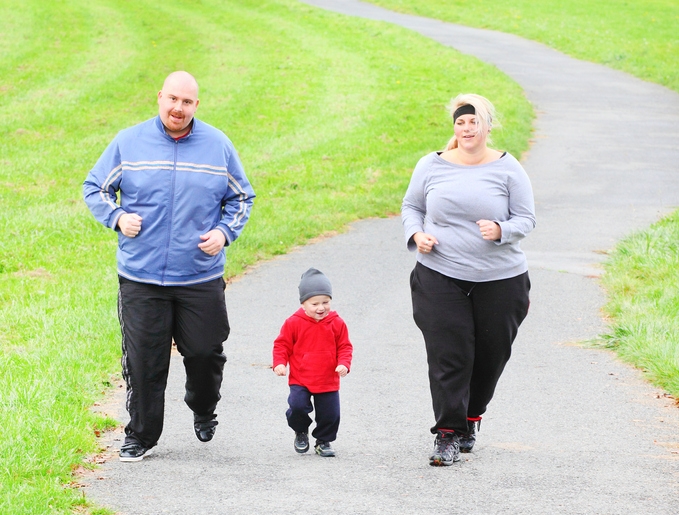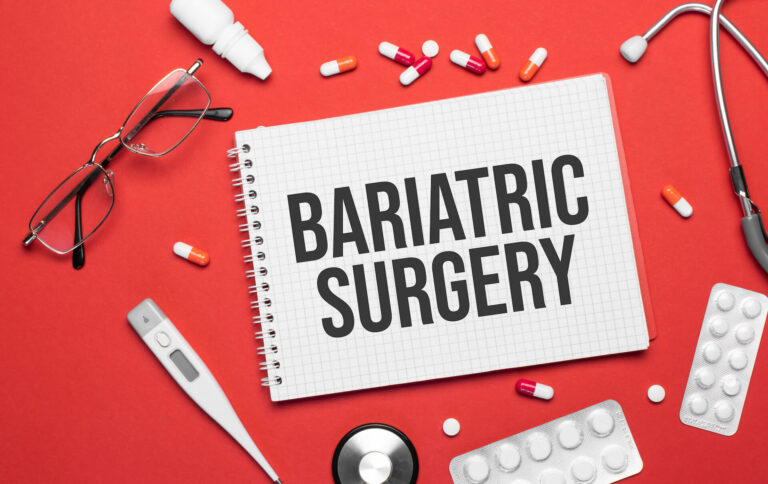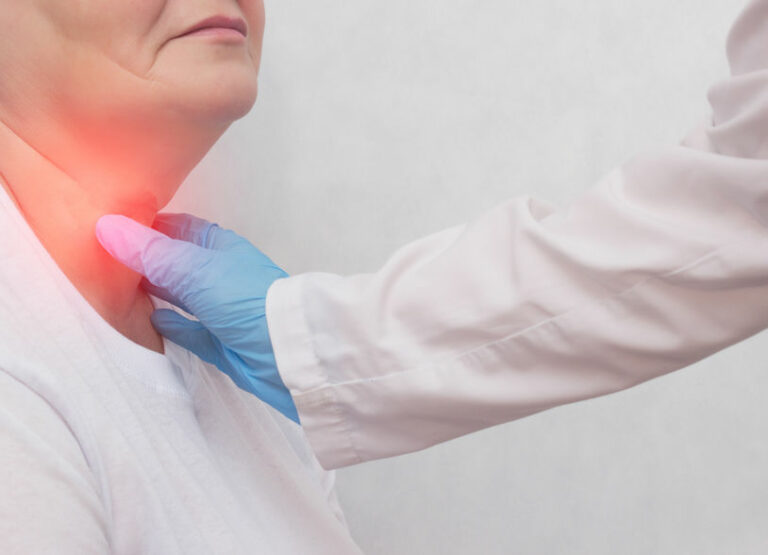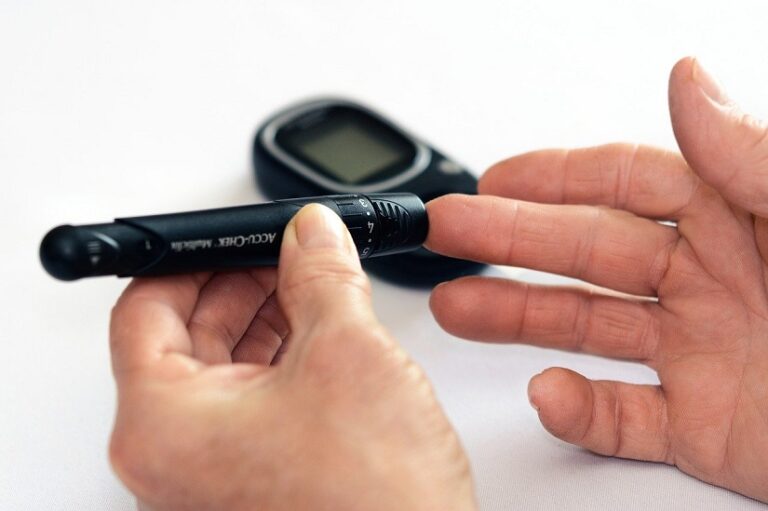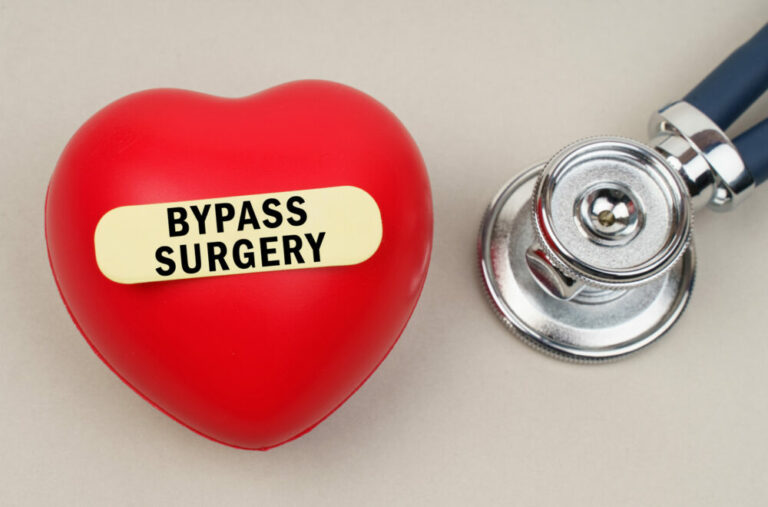A Guide to Gastric Bypass Aftercare, Part II
Are you recovering from gastric bypass surgery? You may be wondering how to care for yourself after surgery. This article is part two of our aftercare guide for gastric bypass to assist you in this process. If you missed part one of our series, read about what to expect in your first few weeks here.
This article offers help with the second stage of recovery, including exercise and activity levels, dietary changes past the first few months, and when to go back to your doctor for potential complications after a gastric bypass. As always, follow the advice of your doctor for your specific aftercare instructions.
Exercise and Activity Levels
Many gastric bypass patients believe they should rest after surgery, and while that’s true in the earliest stage, engaging in some physical activity will actually speed up your recovery process. During your first week after surgery, start light exercise by walking around your home, eventually working up a 5- to 10-minute walk each day. Carefully go up and down steps if you have them. Gradually increase your walking until you are walking a total of 30 minutes each day.
If any physical activity hurts you, cease that activity. While movement is good, the following activities should be avoided for at least four weeks if you had laparoscopic surgery and 12 weeks if you had open surgery:
- Lifting anything over 10 to 15 pounds
- Pushing or pulling
- Overexerting yourself
- Driving or using machinery if you are taking drowsiness-inducing medication
Dietary Changes: 3 Months Out and Longer
The first part of our aftercare series discussed the initial eight weeks of your dietary changes. After the first eight weeks of your gastric bypass diet, you can begin eating solid foods. You should eat three meals per day that consist of 1 to 1 ½ cups of food. Make sure to stop eating before you feel completely full.
Introduce new foods into your diet one at a time to avoid any pain or nausea. Avoid bread, carbonated drinks, raw vegetables, tough and red meats, fried foods, and highly seasoned or spicy foods until your doctor gives you clearance.
After you transition into eating solid foods, you can begin adapting a new healthy diet into your lifestyle. This will help facilitate your weight loss. Follow these tips to develop a healthier dietary regimen:
- Avoid foods that are high in fat and sugar.
- Focus on consuming high protein foods.
- Take vitamin and mineral supplements to ensure you are receiving enough nutrients.
- Chew your food thoroughly before swallowing.
- Eat multiple small meals instead of a few large meals.
- Make sure to drink at least eight cups of non-carbonated liquid each day, between meals.
When Do You Need to Contact Your Doctor?
Gastric bypass is a safe procedure, but complications can occur after any surgery. Complications you could experience include dehydration, weight gain or no weight loss, blocked openings of your stomach pouch, or constipation. If you experience any of the following, contact your doctor immediately:
- Diarrhea or loose stools
- Jaundice
- Redness, pain, warmth, swelling, or bleeding around your incision site
- A persistent cough
- Trouble breathing
- Uncontrollable pain
- Vomiting and nausea after eating
- A fever that lasts longer than four hours
Are you interested in discussing weight loss surgery with an expert gastric bypass surgeon in the greater Dallas area? Schedule a consultation with Dr. Malladi at Malladi Bariatrics and Advanced Surgery to begin your weight loss journey.

